The Motive and the Cue breaches the inviolable sanctity of the rehearsal room. The play, set in New York in 1964, follows John Gielgud’s efforts to direct the world’s biggest film star, Richard Burton, in Shakespeare’s most demanding play, Hamlet. A member of Gielgud’s company, Richard L. Sterne, recorded the process and his notes form the basis of Sam Mendes’s riveting production.
Already a subscriber? Log in
Subscribe for just $2 a week
Try a month of The Spectator Australia absolutely free and without commitment. Not only that but – if you choose to continue – you’ll pay just $2 a week for your first year.
- Unlimited access to spectator.com.au and app
- The weekly edition on the Spectator Australia app
- Spectator podcasts and newsletters
- Full access to spectator.co.uk
Or
Unlock this article
You might disagree with half of it, but you’ll enjoy reading all of it. Try your first month for free, then just $2 a week for the remainder of your first year.

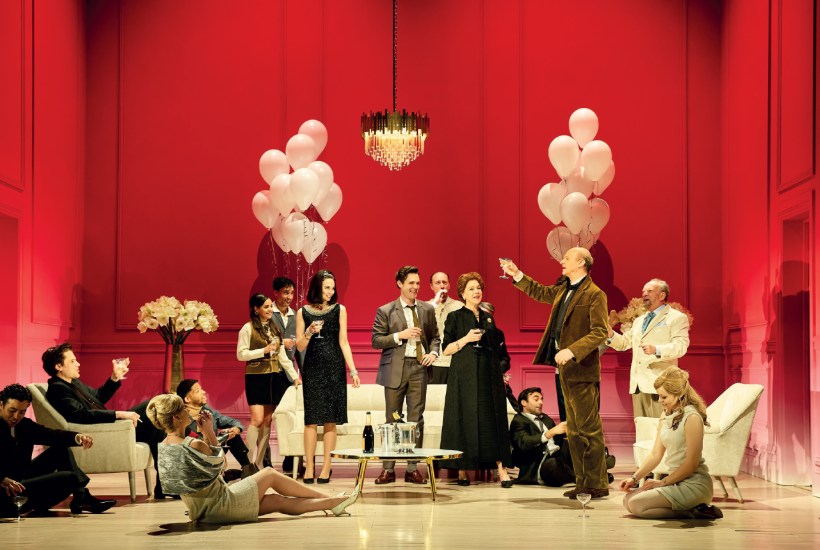
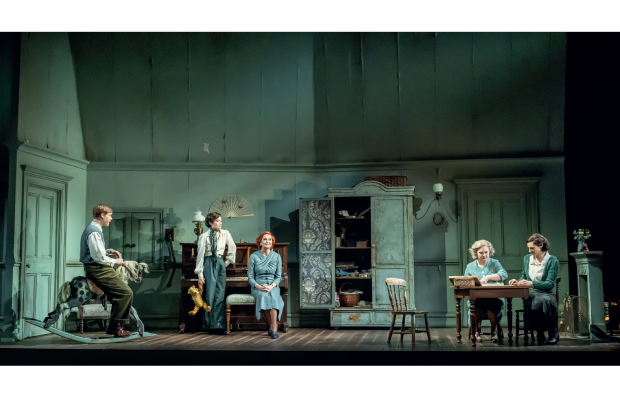
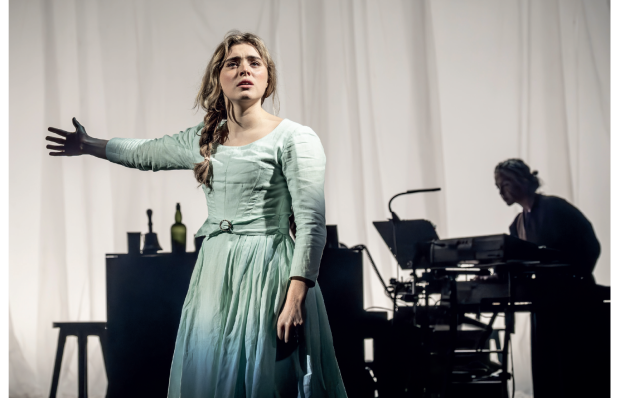

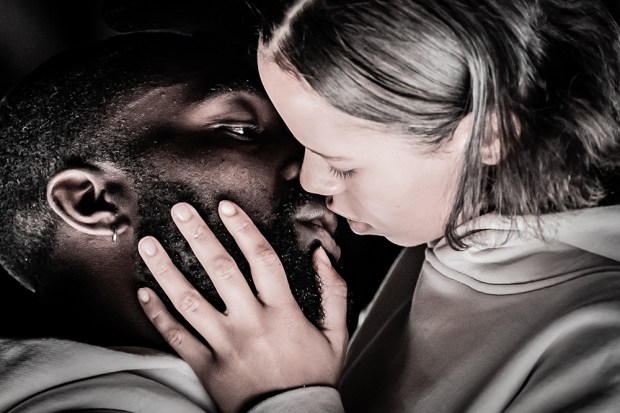
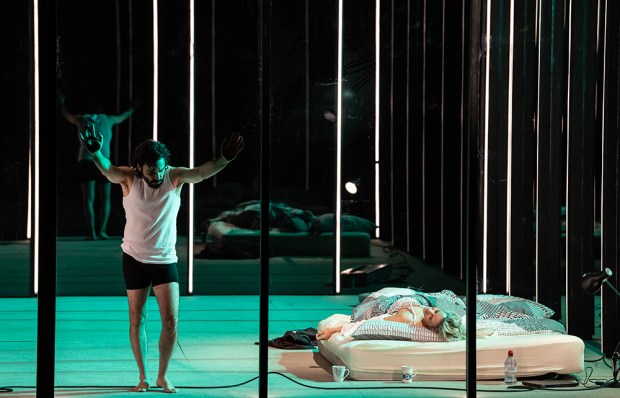







Comments
Don't miss out
Join the conversation with other Spectator Australia readers. Subscribe to leave a comment.
SUBSCRIBEAlready a subscriber? Log in